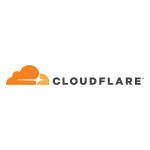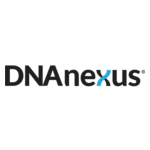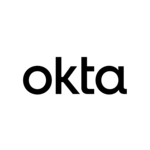
Businesses face a variety of challenges from managing increasingly complex IT environments to addressing significant skills gaps and modernizing legacy infrastructures. These hurdles can slow innovation, reduce efficiency, and increase risks. This brief explores how strategic automation and AI solutions can help organizations streamline operations, enhance productivity, and remain competitive in a fast-paced market.
The Futurum Group’s latest research report, Accelerating AI, Automation, and Innovation in Modern Enterprises, completed in partnership with Red Hat, delves into the technical challenges that organizations are currently navigating. The research highlights how automation, generative AI, and innovative technologies like Red Hat Ansible Automation Platform enable businesses to overcome these obstacles by simplifying complex tasks, optimizing resources, and bridging the skills gap.
Key takeaways from Accelerating AI, Automation, and Innovation in
Modern Enterprises include:
- The growing complexity of IT environments requires automation to streamline operations, reduce manual tasks, and minimize human error.
- Skills gaps in the workforce hinder the adoption of new technologies, but automation and AI provide solutions to upskill teams and simplify the development of workflows.
- Modernizing legacy infrastructures is essential for efficiency and scalability, and automation supports this process by enhancing operational resilience and reducing downtime.
As businesses continue to innovate and scale, addressing the challenges of IT complexity, skills gaps, and legacy systems is critical. This paper uncovers how automation and AI can support operations, making organizations more agile and competitive.
If you are interested in learning more, be sure to download your copy of Accelerating AI, Automation, and Innovation in Modern Enterprises today.





